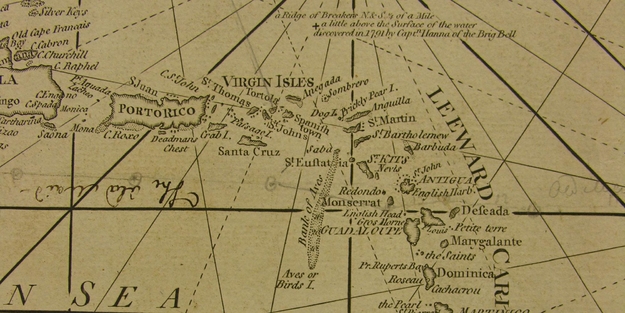To begin with a brief history; as early as ancient and medieval periods, agriculture set the ground for permanent settlements to exist and a global food system began to emerge. More specifically, trade networks were being established and regions were starting to specialise their agricultural production. For example, different grain cultures were found in the various centres of civilisation - rice in China, mais in Mexico and wheat and barley in the Middle East. Further developments including the ‘Industrial Revolution’ radically changed agricultural practices and resulted in the creation of different classes. Particularly, the emergence of a middle class with greater disposable income in industrialised countries had a profound impact on the demand for certain goods. Which, in turn, also impacted the supplies to these countries.
In the 18th, 19th and 20th centuries, colonisation and war became strong political influencers on the global food system. Systems of food production and trade, were historically established to benefit the needs of the coloniser and did not mind the interests of indigenous societies. Following Industrialisation, industrialised countries reached a point where they had little opportunities to grow food and to create employment in order to further develop themselves. Therefore, colonisation was a means to resolve this deadlock. Colonies provided a market to sell exports as well as supply resources, including labour and food ingredients.
Most Caribbean islands were filled with large sugar plantations, which produced the majority of sugar consumed in Europe. Up until the abolition of slavery, enslaved African people were the main source of labour working on these plantations. Consequently, after slavery was abolished in 1834 there was a shortage of labour. To fill in the shortage, colonisers looked to their colonies in South and Southeast Asia as a source of labour through a new indentured labour system.
Indentured labour was a system of bonded labour where the worker signed a contract to work abroad for a period of 5 or more years. In exchange, the contract promised a wage, a small amount of land, and sometimes, a return at the end of the defined working period. However, this was rarely the case and instead, workers faced long hours and harsh working conditions.
From 1834 to 1918, The U.K or Great Britain transported around 2 million South and Southeast Asian indentured workers to work on plantations in other colonies including Guyana, Fiji and Trinidad. This is how a large number of migrant workers from South and Southeast Asia arrived and, later, permanently settled in the Caribbean. These communities brought with them their food cultures, traditions and recipes. This history explains how Asian influences became a core component in Caribbean cuisine as we know.
Code Noir brings our attention back to the realities of how the international political economy and global trade have shaped culinary traditions around the world. Let’s take this as an opportunity to educate ourselves and to uncover histories that have constructed the food that we eat everyday.
Sources
Hueston W, McLeod A. Overview of the Global Food System: Changes Over Time/Space and Lessons for Future Food Safety. In: Institute of Medicine (US). Improving Food Safety Through a One Health Approach: Workshop Summary. Washington (DC): National Academies Press (US); 2012. A5. Available from: https://www.ncbi.nlm.nih.gov/books/NBK114491/
Indentured labour from South Asia (1834-1917). Striking Women website. Available from: https://www.striking-women.org/module/map-major-south-asian-migration-flows/indentured-labour-south-asia-1834-1917
Stinchcombe, Arthur L. Sugar island slavery in the age of enlightenment: the political economy of the Caribbean world. Princeton University Press, 1995.
